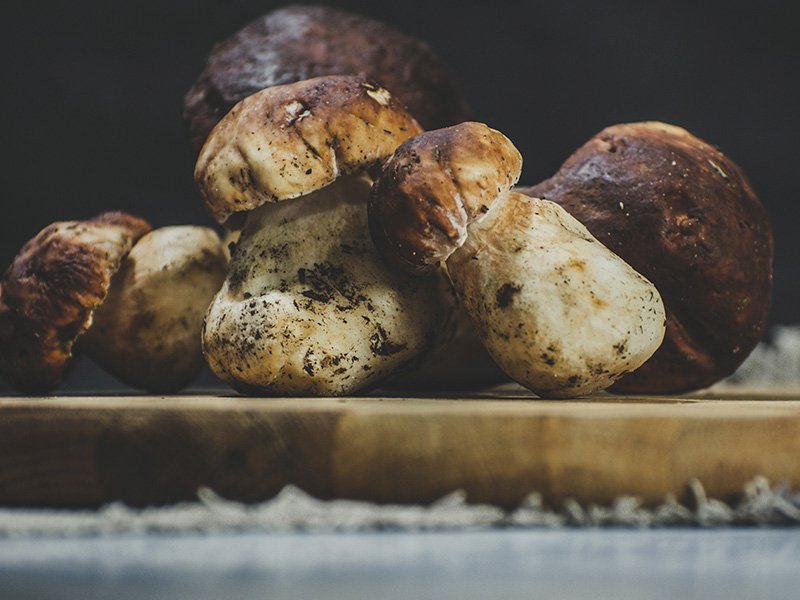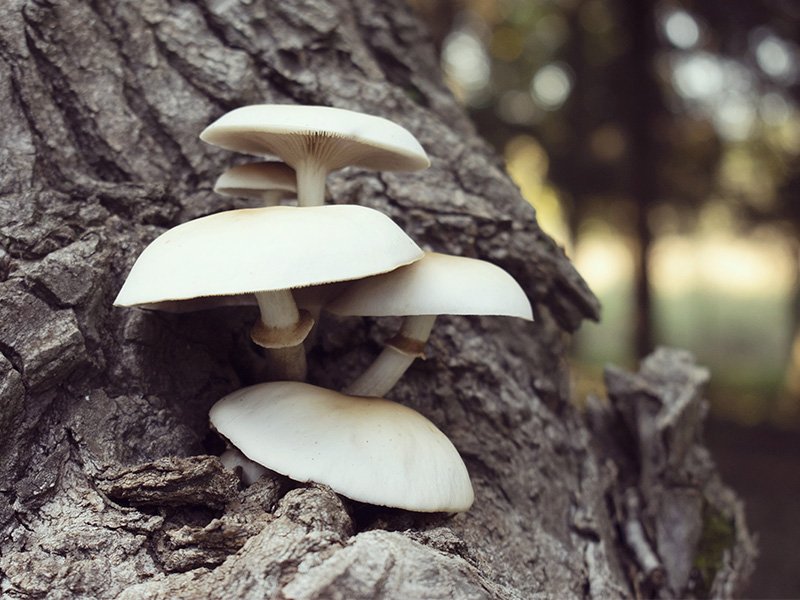Are you seeking a delicious and nutritious way to enhance your protein intake? Look no further than the unassuming yet powerful portobello mushroom! These flavorful fungi are a culinary delight and a nutritional powerhouse, especially regarding protein content. Whether you’re a vegetarian, vegan, or simply aiming to include more plant-based choices, portobello mushroom nutrition protein is an excellent choice. In this article, we’ll delve into the impressive nutritional profile of portobello mushrooms, primarily focusing on their protein content.

Unveiling Portobello Mushroom Nutrition Protein
Portobello mushrooms offer an exceptional protein punch along with their great taste. These mushrooms are not only low in calories and fat but also stand out as an excellent source of protein. This makes them an ideal addition to your weight management plan. What sets Portobello mushroom nutrition protein apart is its comprehensive protein content. They carry all nine essential amino acids, making them an invaluable resource for vegetarians and vegans seeking complete protein sources. Protein is vital in tissue repair, muscle building, and overall health maintenance.
In every 100-gram serving of portobello mushrooms, you’ll find approximately 3 grams of protein. This nutritional content makes them valuable to your protein intake, especially if you’re following a plant-based lifestyle. By incorporating these mushrooms into your meals, you can effectively work toward your protein goals without solely relying on animal-derived sources.
Discovering Additional Nutrients and Portobello Mushroom Protein
Beyond being protein-rich, portobello mushrooms offer diverse vitamins and minerals that contribute to your overall well-being. They are notably rich in B vitamins, including riboflavin (B2), niacin (B3), and pantothenic acid (B5). These vitamins are important for energy production and brain function. Portobello mushroom nutrition protein also contains potent antioxidants such as selenium and ergothioneine, which play a key role in safeguarding cells from the damaging effects of free radicals. Some studies suggest that these antioxidants possess anti-inflammatory properties within the body.
Culinary Adventures and Portobello Mushroom Protein
Portobello mushroom’s nutrition protein not only provides abundant nutrients but also lends itself to a variety of culinary creations. They enhance flavors and textures while simultaneously boosting your protein intake. Here are some mouthwatering recipes that showcase the versatility of portobello mushroom nutrition protein content:
1. Grilled Portobello Burgers: Marinate the mushrooms in olive oil, balsamic vinegar, garlic, and herbs. Then, grill them to savor the smoky and tender mushroom caps, serving as a delightful burger patty substitute rich in protein.
2. Stuffed Portobellos: Embark on a culinary journey by stuffing portobello mushrooms with fillings like creamy goat cheese and spinach or a fusion of quinoa and black beans. These stuffed wonders are perfect as appetizers or hearty main courses, providing a protein boost.
3. Portobello Mushroom Stroganoff: Put a vegan twist on the classic stroganoff by replacing traditional beef with sliced portobellos bathed in a luscious, creamy sauce from cashews or coconut milk. Enjoy this protein-packed dish over pasta or rice.
4. Portobello Mushroom Pizza: Recreate the magic of traditional pizza using grilled Portobello mushroom nutrition protein as a low-carb crust. Top them with marinara sauce, cheese (opt for vegan alternatives if desired), and a medley of vegetables before baking to golden perfection, all while enjoying the added protein benefits.
Incorporating portobello mushroom nutrition protein into your culinary repertoire enhances the taste and nutritional value of your dishes without compromising on flavor. So, let your culinary creativity shine with these enticing recipes and relish the protein-rich wonders of these remarkable fungi!


1 thought on “Boost Your Plant-Based Protein Intake with Portobello Mushroom Nutrition Protein”